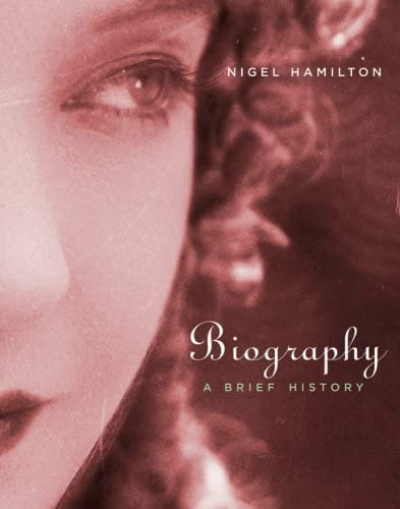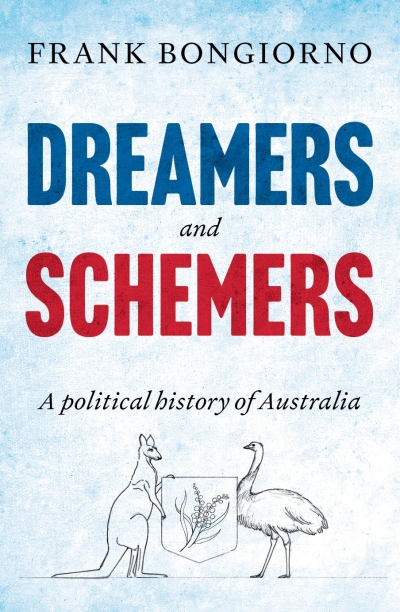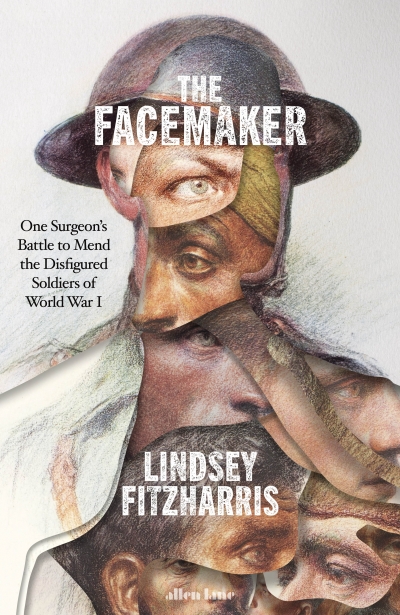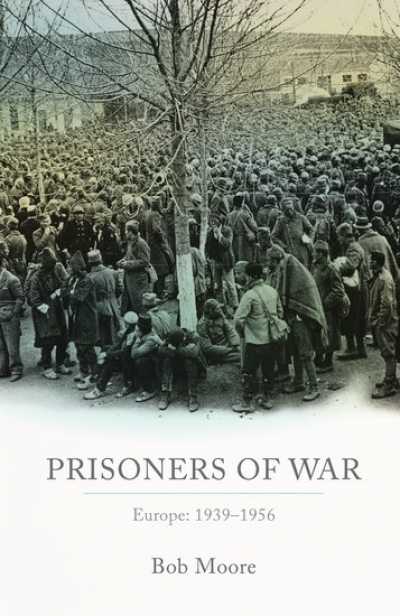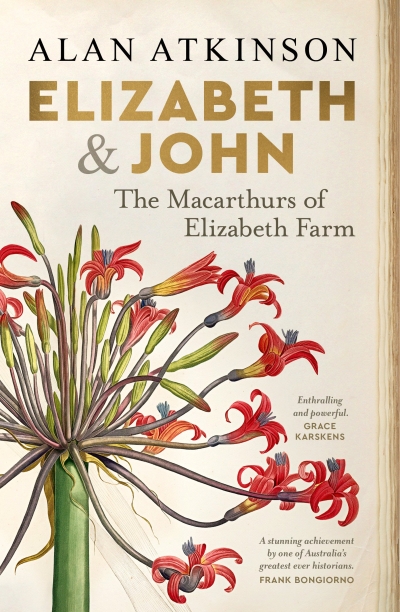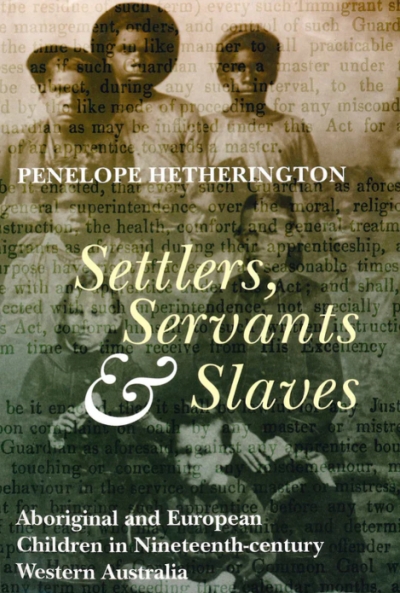History
A Patchwork Life by Eva Marks & Point of Departure by Pamela Hardy
by Joy Hooton •
In the middle of 2022 researchers at the Kirby Institute at the University of New South Wales announced that Covid-19 had infected more than half of Australia’s twenty-six million people. The number came not from polymerase chain reaction tests, nor from the results of rapid antigen home tests, but from the sampling of Australian blood banks. After all the tables, graphs, and pressers, the serosurvey demonstrated that the virus was everywhere among us and inside us, reconfiguring our bodies as well as our social and political worlds.
... (read more)Not Far from Brideshead: Oxford between the Wars by Daisy Dunn
by Miles Pattenden •
Dreamers and Schemers: A political history of Australia by Frank Bongiorno
by James Walter •
The Facemaker: One surgeon’s battle to mend the disfigured soldiers of World War I by Lindsey Fitzharris
by Michael Winkler •
Elizabeth and John: The Macarthurs of Elizabeth Farm by Alan Atkinson
by Penny Russell •

